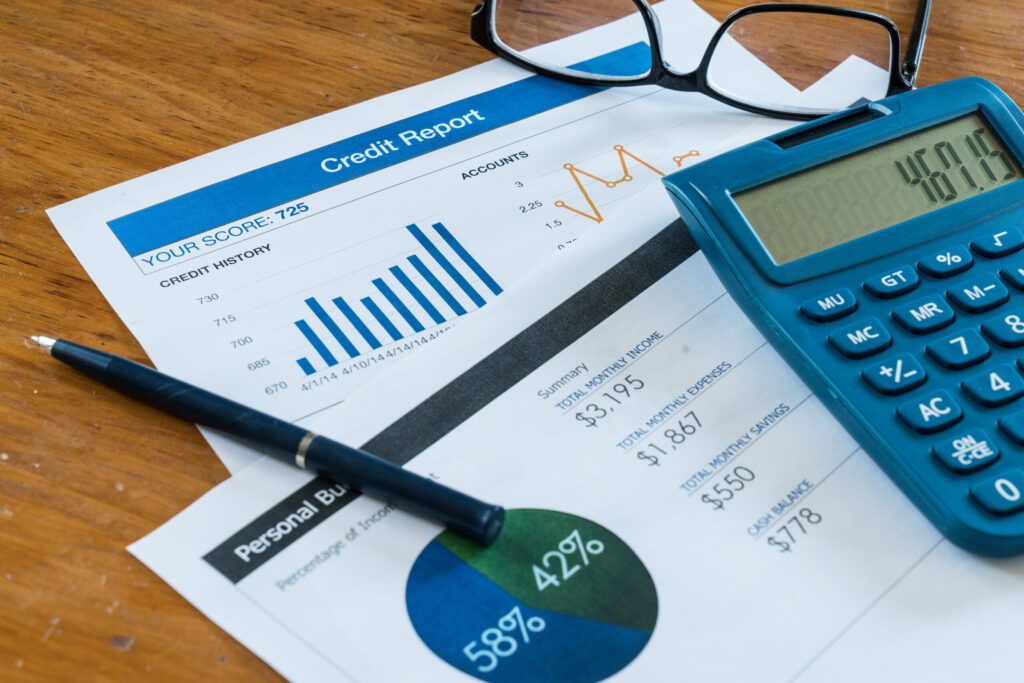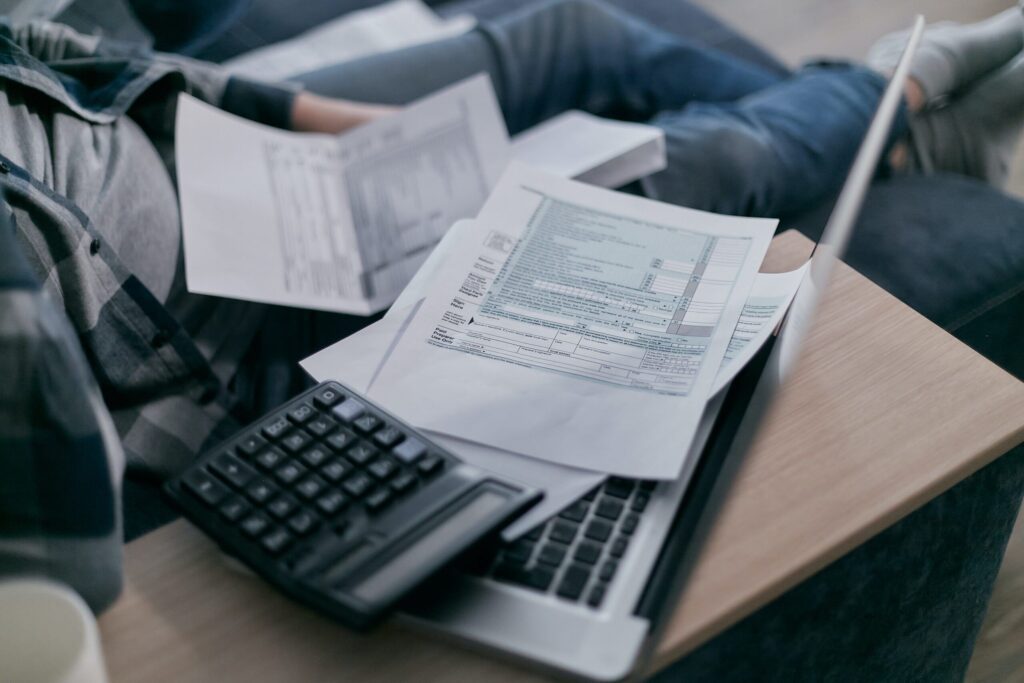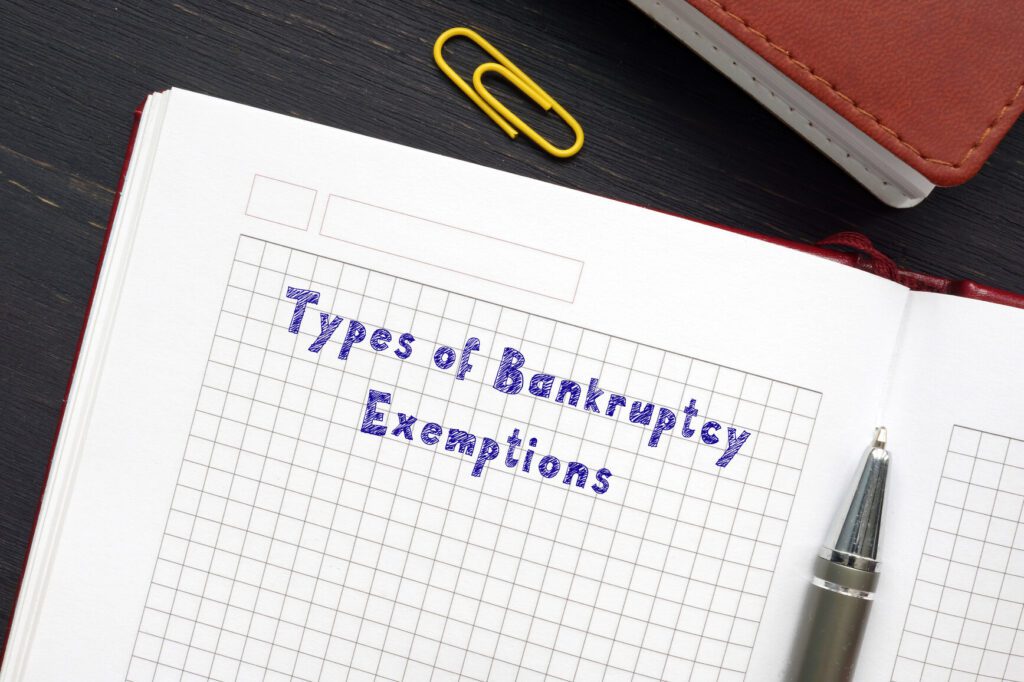If you have overwhelming debts that you are struggling to repay, you may worry about whether or not you can go to jail for not paying debt. Debt collectors can be aggressive in their tactics for reclaiming the money they are owed, and will take all the measures they can to get it. While going to jail for having unpaid debts sounds like something that happens back in history, there are some circumstances where debt collectors are trying to find loopholes in the system. So, can you go to jail for debt? In this article, we answer all you need to know.
Can you go to jail for debt?
When most of us borrow, we know we will need to pay back with future earnings. Sometimes, however, this does not always go as we plan. Occasionally, making repayments can be extremely challenging. Once upon a time, this would have caused a debtor to go to jail. Thankfully, nowadays debt is treated very differently. If you find yourself insolvent, you will be treated in a much more civilized manner. Generally speaking, no – you will not go to jail for debt. Not paying your creditors is not a cause for incarceration or arrest. The rare instances in which you could is if debt is related to not paying court fines which could lead to a judge assigning a jail sentence. Equally, if you fail to pay child support and/or alimony, preventing seizure of your passport could lead to jail time. The other instance would be any overdue debt related to tax evasion or fraudulent activities. The good news is that for most other types of debt (including credit card debt and student loan debt), you do not need to worry about going to jail for debt. That said, the stress of having overdue debts can be overwhelming to handle and can even lead to mental health problems. Not making your debt payments can also have other consequences, depending on the amount owed, how long you have missed repayments, the amount you earn, and where you live. This could lead to action like a wage garnishment or a frozen bank account.
What action can a creditor take to recover unpaid debt?
Creditors can – and generally will – pursue a range of activities to try and recover any debts they are owed. Often they will engage a collection agency, who will either be assigned or buy the debt in order to try and recover it. Here are some of the common actions a collection agency will take to recover their funds:
- Making collection calls and sending letters demanding their money back
- Pursuing legal action like suing and getting Court Orders to freeze bank accounts and garnish wages
- Reporting payment activity to credit bureaus like Equifax and TransUnion
How can you stop creditors taking action?
There are a few ways to stop creditors taking action, and to find debt relief. The most important thing you can do is not to ignore the debt, and instead to tackle it as soon as you can to put an end to the problem. Here are some steps you can take to stop creditors once and for all:
Ensure you definitely owe the debt
Debt collectors and collection agencies do have a tendency to pinpoint incorrect people as debtors owing the debts they are trying to collect. For this reason, ensure it is definitely your debt. If it is, you need to make sure the amount they are collecting is also correct. If you believe the debt is not yours, you should let them know they need to stop contacting you. By law, they should then no longer contact you. Make sure you track any conversations or contact. It is a good idea to also send a registered letter so that you have evidence of notifying them just in case you need to prove it later on.
File a consumer proposal
Filing a consumer proposal is the process of putting forward a manageable amount for monthly repayments on your debt. A Licensed Insolvency Trustee will work with you to determine this figure, and will then negotiate with your creditors on your behalf. Creditors are likely to accept a consumer proposal over a bankruptcy as it will likely mean they will gain more money back overall. Consumer proposals can reduce your debt by up to 80%, and allow you to keep your assets. Most importantly, they offer complete protection from your creditors via a stay of proceedings which is triggered as soon as you file. At Spergel, we have a 99% acceptance rate on any consumer proposals we file.
File bankruptcy
Bankruptcy is the process of assigning any non-exempt assets you may have over to a Licensed Insolvency Trustee in exchange for the clearance of your unsecured debts. The primary advantage of bankruptcy is its ability to offer you a fresh financial future, free from the worries and stresses of carrying around your debts. While many people believe that bankruptcy causes you to lose your home and car, this is not necessarily the truth. As vehicles and properties are secured debts, provided you can make your repayments, you may keep both. Bankruptcy also offers you immediate protection from your creditors.
While a consumer proposal and bankruptcy does not cover all types of debt, they can still prove beneficial. If other debts are included and therefore kept in control, it can make it much easier to make payments on other debts, penalties, and other items owed.
Want to know more about ‘can you go to jail for debt?’ No matter how difficult your financial situation may seem, there are always debt relief options. Book a free consultation with Spergel. Our experienced Licensed Insolvency Trustees will help you to handle your debts and get on the pathway to a fresh financial future. Contact us today – you owe it to yourself.



















